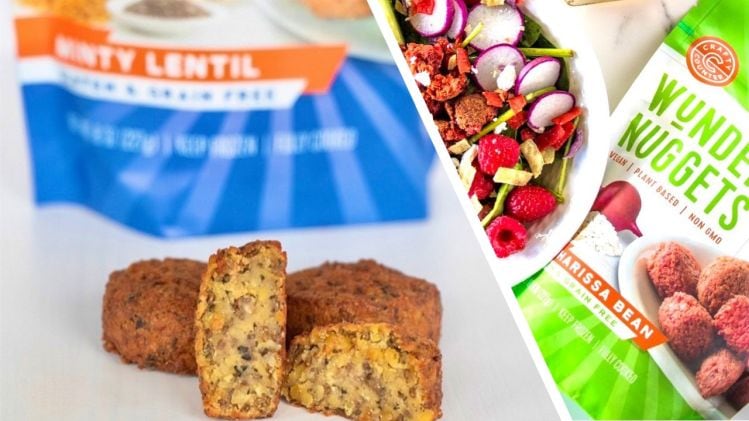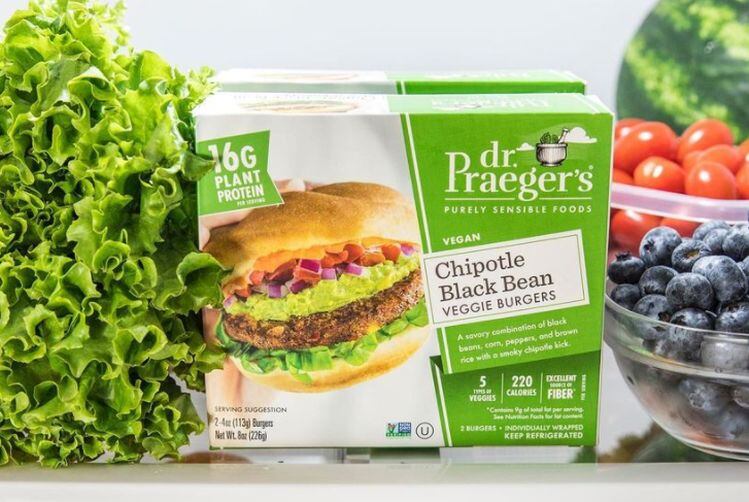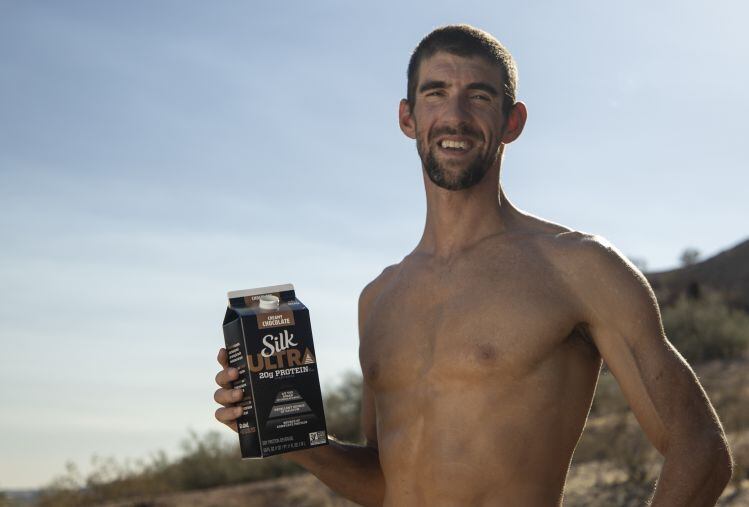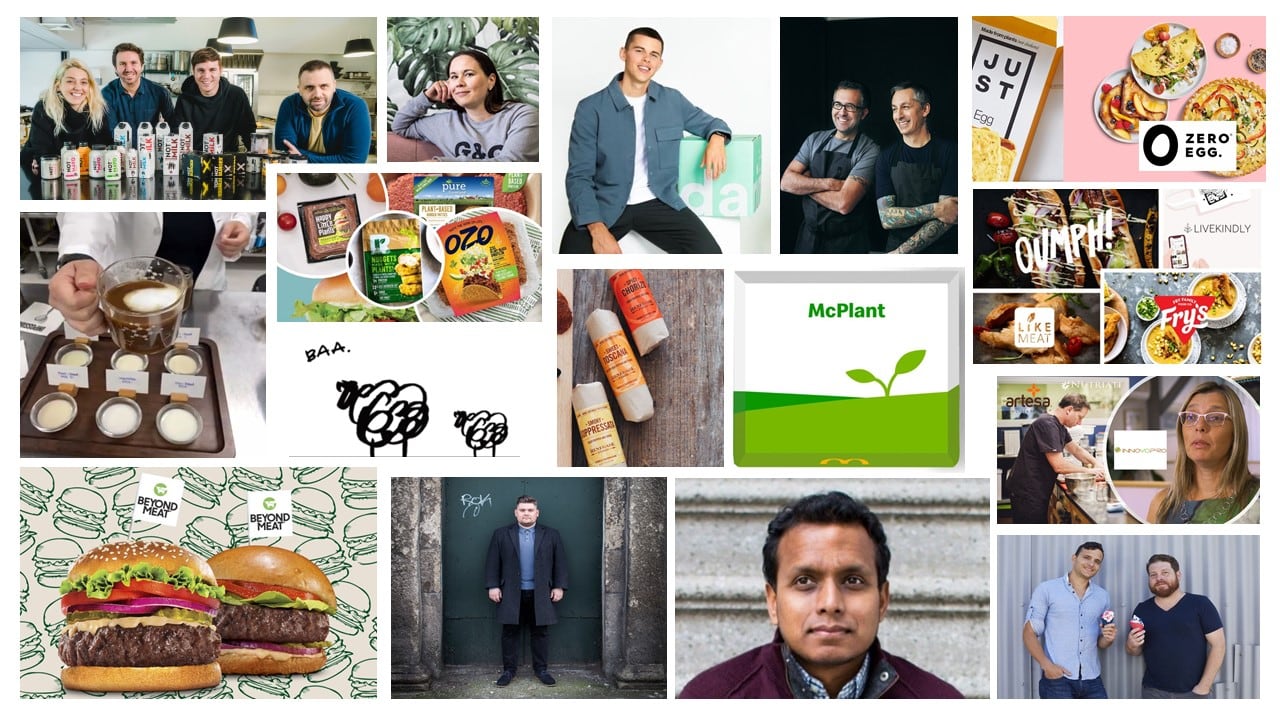Beyond Meat, Impossible Foods, and other brands targeting meat eaters with their plant-based wares have been key to attracting mainstream consumers by offering one-for-one replacements for the foods they know and love (burgers, sausages, nuggets, tacos), says Hema Reddy, a computer scientist and high-flying IBM executive who packed in the day job in 2016 to launch Sneaky Apron (now Crafty Counter).
But the toolbox deployed by many of these brands is pretty limited (extruded soy or pea, coconut oil, modified starch, methylcellulose etc), and doesn’t give consumers access to the rainbow of colors, tastes, textures, and phytonutrients that make up a healthy plant-based dietary pattern, which would ideally contain a broad range of fruits and vegetables, nuts, whole grains, beans and pulses, and so on, says Reddy.
‘Many people think that if you don’t have a piece of meat on your plate, it’s not a meal’
“When I was growing up we only ate meat one day a week," says Reddy, who is currently raising around $1m in a seed round, although is flexible to close up to $2m if a lead investor were to come in with a larger check size.
"But we’ve got to the point now where many people think that if you don’t have a piece of meat on your plate, it’s not a meal. So I understand why we’ve tried to make all these products that look and feel just like meat, and the second wave of products from companies like Beyond Meat is going strong.
“But the third wave is where people are asking, this is great, we’re reducing our environmental footprint by replacing meat, but what are we actually putting in our bodies?”
There are thousands of edible plants, she points out, but most of us are only eating a tiny fraction of them.
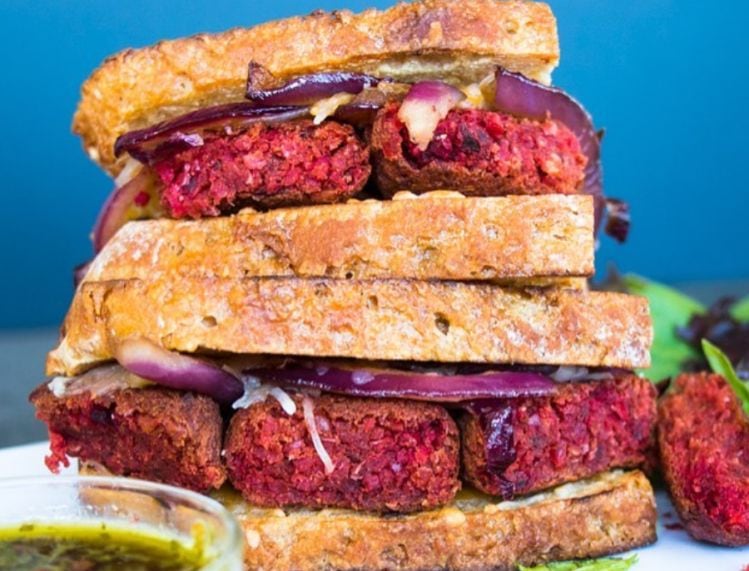
“And why aren’t we eating more plants as plants? If we are to truly develop plant-based eating, we need to increase the choices of whole simple plant-based foods. There aren’t just green and orange lentils. There are more than a dozen kinds of lentils and they are delicious. Take Bengal gram lentils, which are used in all kinds of sweet and savory foods in India.”
‘Why is everything so bland?’
Crafty Counter is not allied to any particular cuisine – it draws inspiration from Indian, Middle Eastern, African and Mediterranean dishes – and launched with a familiar family-friendly food format (nuggets) packed with beans, pulses, fresh vegetables, seeds, and spices, from cumin to turmeric that deliver a “burst of flavor."
There are three flavors: Harissa Bean (Navy beans, chickpeas, flaxseed, beetroot, cauliflower, sunflower oil, spices), Turmeric Lentil (lentils, chickpeas, cabbage, carrots, flaxseed, sunflower oil, spices), and Mediterranean Lentil (Lentils, cabbage, cauliflower, chickpeas, chia seeds, sunflower oil, spices).
Each 5-piece serving contains 6-12g protein and 7-14g fiber (depending on the variety); compared to 9g protein and 0g fiber from a 4-piece serving of McDonald’s chicken nuggets, says Reddy, who is targeting Millennials, Gen Z, and Gen X consumers who are bored with their own cooking and looking for more globally inspired flavors and ingredients in simple, convenient formats.
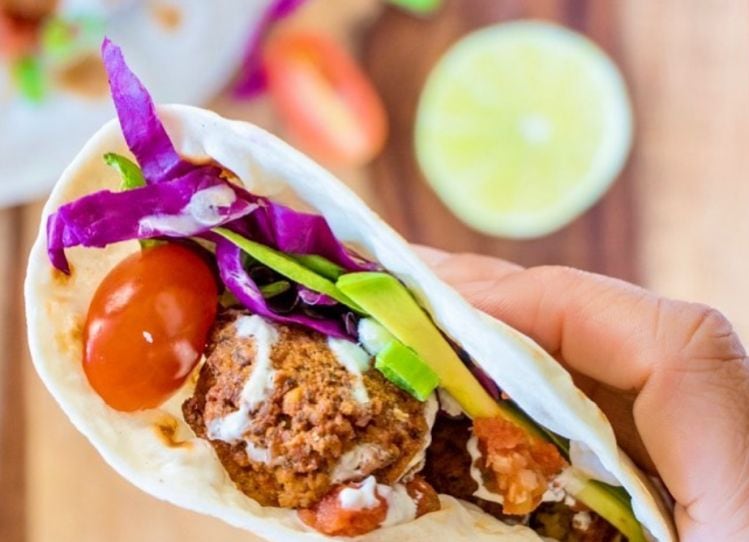
While the nuggets are not marketed as kids’ foods, they are popular with children, she says: “When I had my kids I bought pantry staples like nuggets and bites and I just thought why is everything so bland? Why aren’t kids exposed to more diversity of flavor, and more balanced nutrition? So there were bites with vegetables, but they didn’t have protein, or there were proteins without vegetables.”
From hybrid products to 100% plant-based
Launching a frozen foods business has been both exhilarating and exhausting, says Reddy, who originally experimented with some hybrid products combining chicken and plant proteins (a margin-crushing endeavor that involved navigating complex USDA requirements), but is now focused on 100% plant-based products.
The pivot to plant-based was partly for economic reasons - she couldn’t make a viable margin and use the high-quality animal protein she wanted in her products – but also because the hybrid concept was ultimately confusing for some consumers, and made it harder to articulate what the brand was about, she said.
(Tyson Foods recently resolved to make its Raised & Rooted collection 100% plant-based, although some other hybrid products such as Perdue’s Chicken Plus nuggets are apparently performing well.)
“It was a difficult decision, especially as we had a major retailer that was going to give us a nationwide launch for four SKUs and we had to say no, which hurt really bad. But in the long run, we feel there is so much room for innovation in plant-based," says Reddy, who is also contemplating a new brand name as the 'Wundernugget' name made some consumers assume it was a chicken nugget brand.
‘We had an organic post on linkedin, and a buyer at Walmart saw it and sent us an email’
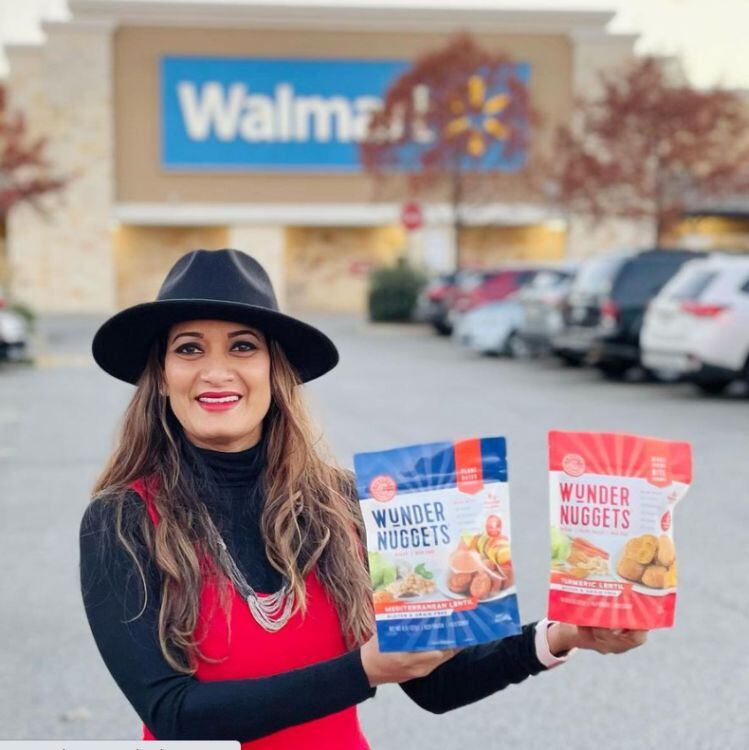
Crafty Counter is now working with a “dream co-packer that is small but willing to grow with us,” and has secured listings in mainstream retailers including Kroger (through the Kroger Ship direct-to-customer platform), Central Market, and Walmart, says Reddy.
“We had an organic post on linkedin, and a buyer at Walmart saw it and sent us an email; this was at a time when they were working on their assortment and trying to bring in more healthy living options and they reached out to me saying, ‘Hey your products look interesting, can you send a sample?’ We sent over a sample and before we knew it we had the account, and now we’re in discussions with several other retailers.
“We’re not one of those unicorns that saw skyrocketing growth in the first year; but we’re growing steadily," says Reddy, who has a couple of new innovations in the pipeline “that don’t currently exist in the marketplace today."
Retail buyers have plenty of brands to choose from in the meat analog space, she says, “But our value proposition is simple, whole, plant-based and top-eight allergen free.”

